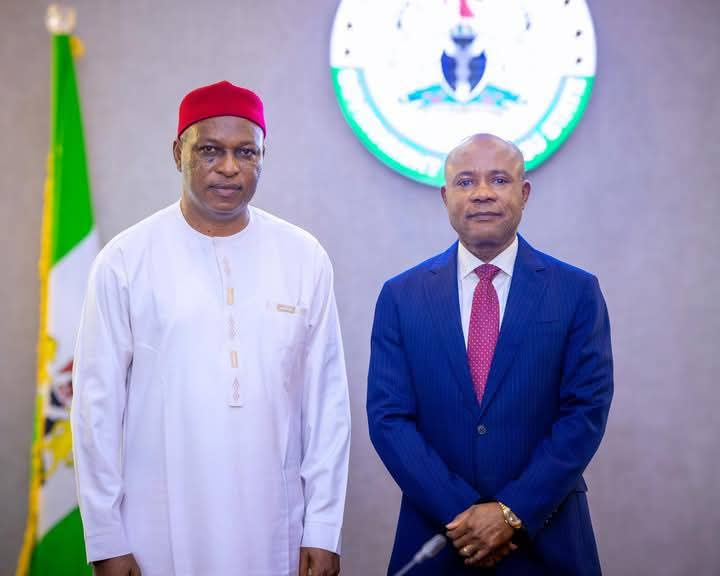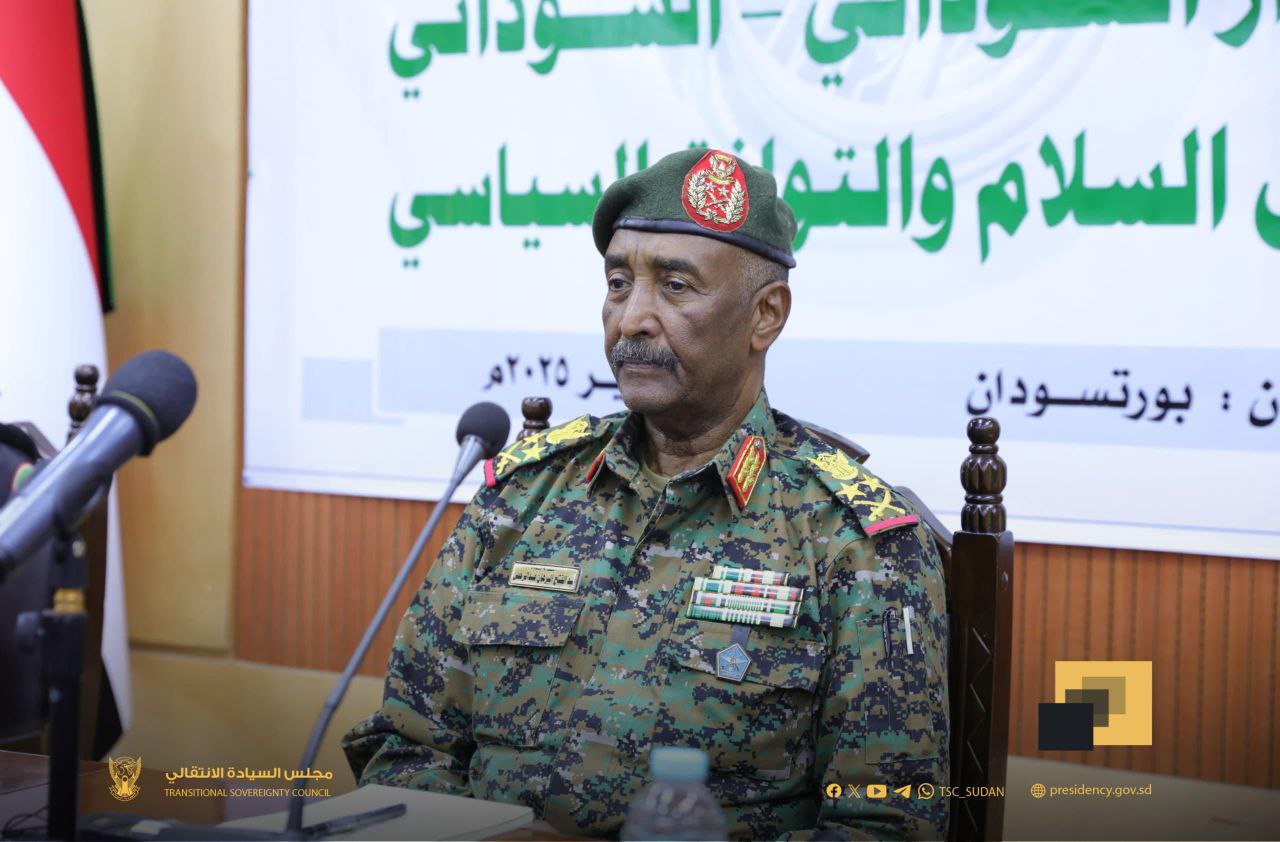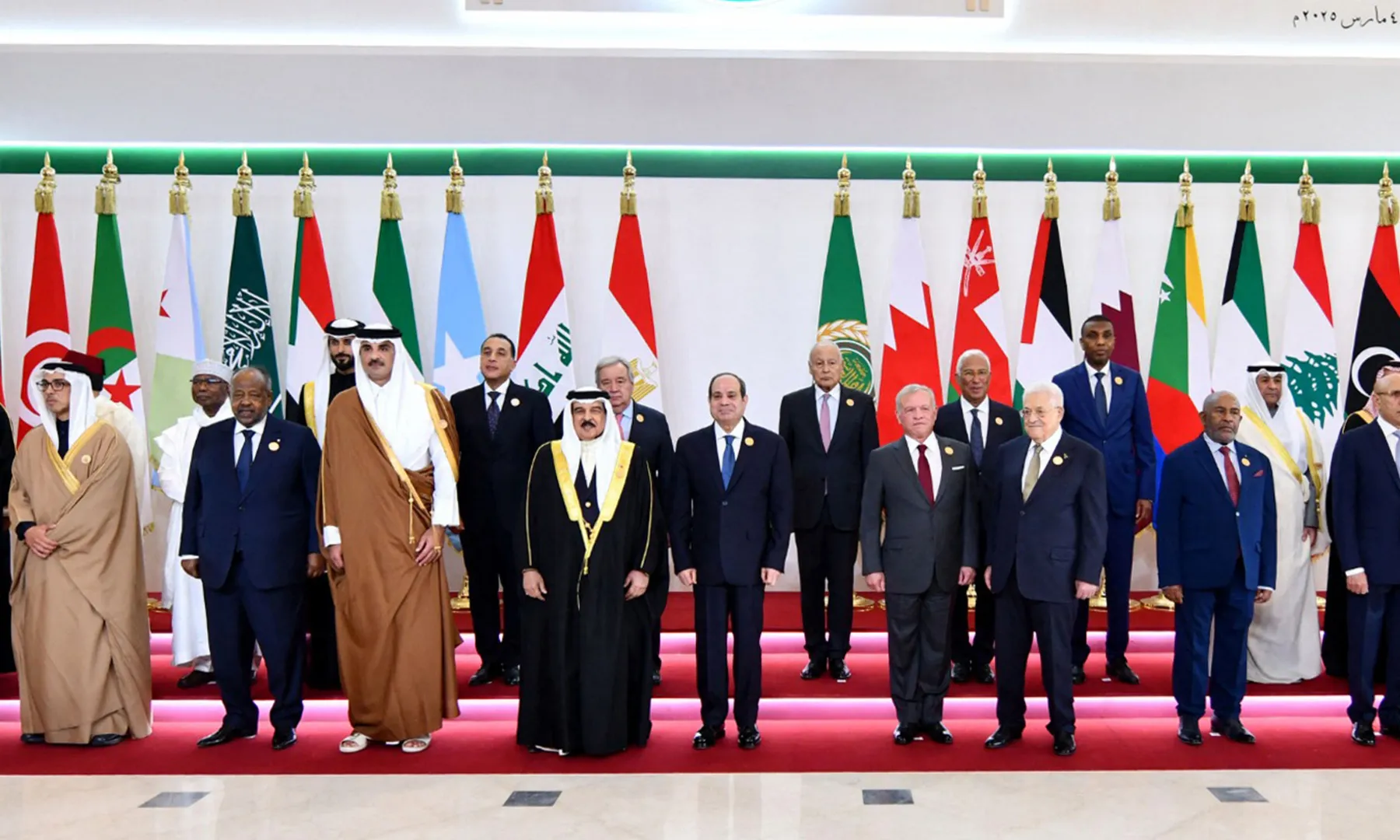In a historic turn of events, Nobel Peace Prize laureate and renowned economist Muhammad Yunus has been appointed as the head of Bangladesh’s interim government.
His swearing-in ceremony took place on Thursday night at the presidential palace in Dhaka, following the sudden resignation of Prime Minister Sheikh Hasina.
At 84 years old, Yunus took the oath of office in the presence of political leaders, civil society figures, generals, and diplomats. He promised to uphold and protect the constitution, and emphasized his commitment to performing his duties with sincerity.
Yunus’s appointment comes after a period of intense political unrest in Bangladesh. Sheikh Hasina resigned on Monday amid widespread protests that erupted in July against a controversial quota system for government jobs, which critics argued disproportionately benefited those with connections to her party. The demonstrations evolved into a broader challenge to Hasina’s 15-year rule, escalating into violence that claimed over 300 lives, including many students.
The interim government, under Yunus’s leadership, includes a diverse cabinet of advisers. Notable members include Nahid Islam and Asif Mahmud, prominent leaders of the Students Against Discrimination group; Touhid Hossain, former foreign secretary; Hassan Ariff, former attorney general; environmental lawyer Syeda Rizwana Hasan; and Asif Nazrul, a respected law professor. Human rights activist Adilur Rahman Khan, previously sentenced to two years in prison under Hasina’s regime, is also part of the advisory team. The current attorney general, Mahbubey Alam, has retained his position.
In his first address after returning from the Paris 2024 Olympics, where he was attending events, Yunus underscored his priority to restore order and unity in Bangladesh. He urged for national cohesion, stating, “Bangladesh is a family. We have to unite it.” He also reassured citizens of his commitment to ensuring security and called for an end to vengeance and reprisal.
Indian Prime Minister Narendra Modi extended his best wishes to Yunus, expressing India’s commitment to working closely with Bangladesh to achieve shared goals of peace, security, and development.
Yunus, who has been a vocal critic of Hasina in the past, faced legal challenges during the previous administration, including a recent case of violating labor laws related to a telecommunications company he founded. However, he was acquitted of these charges earlier this week.
The interim government’s primary focus will be on preparing for new elections and restoring stability. Yunus has expressed a desire for long-term reforms to cleanse the system and depoliticize key institutions like the judiciary and the election commission.
As Bangladesh transitions through this period of uncertainty, Yunus’s leadership is seen as a pivotal moment for the country’s future.




